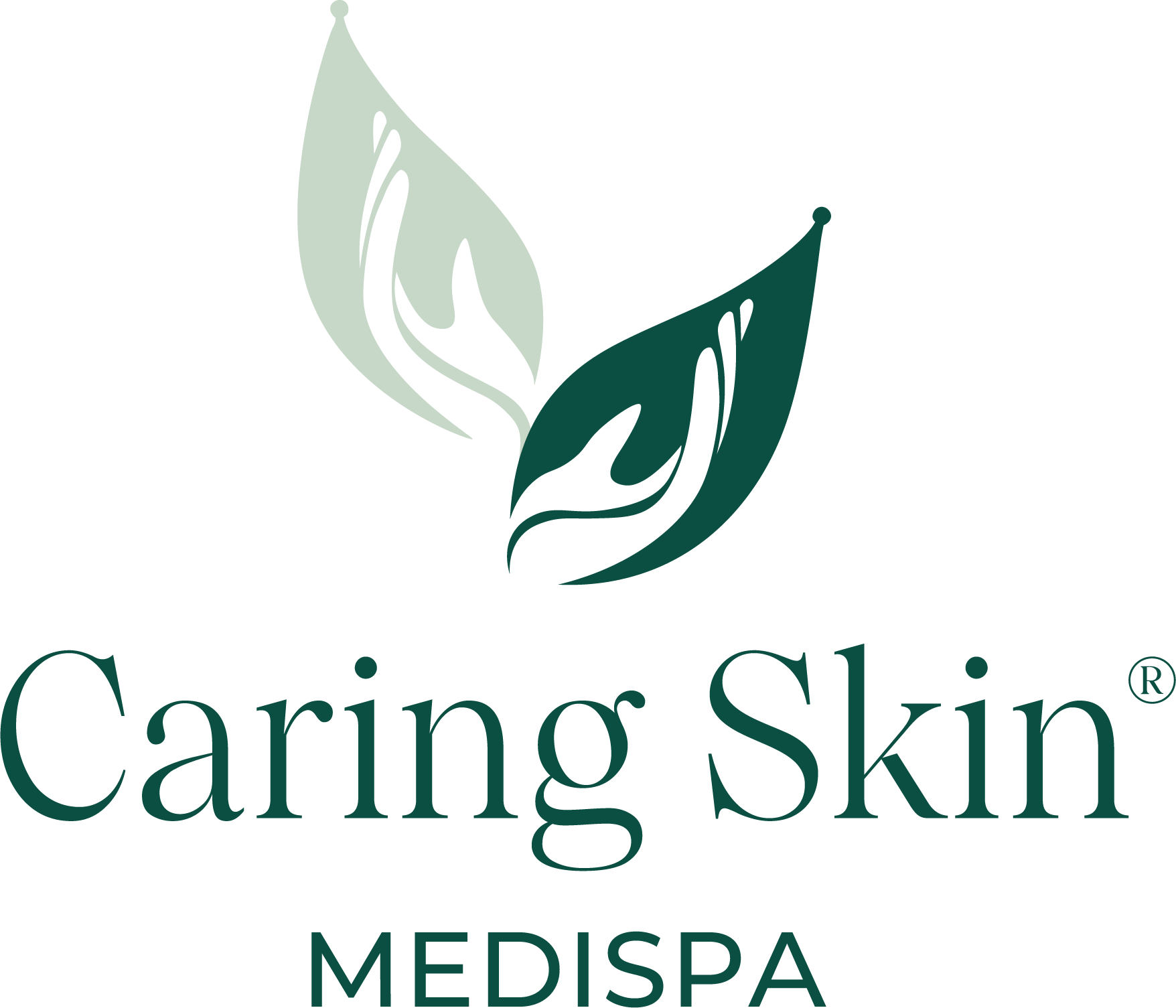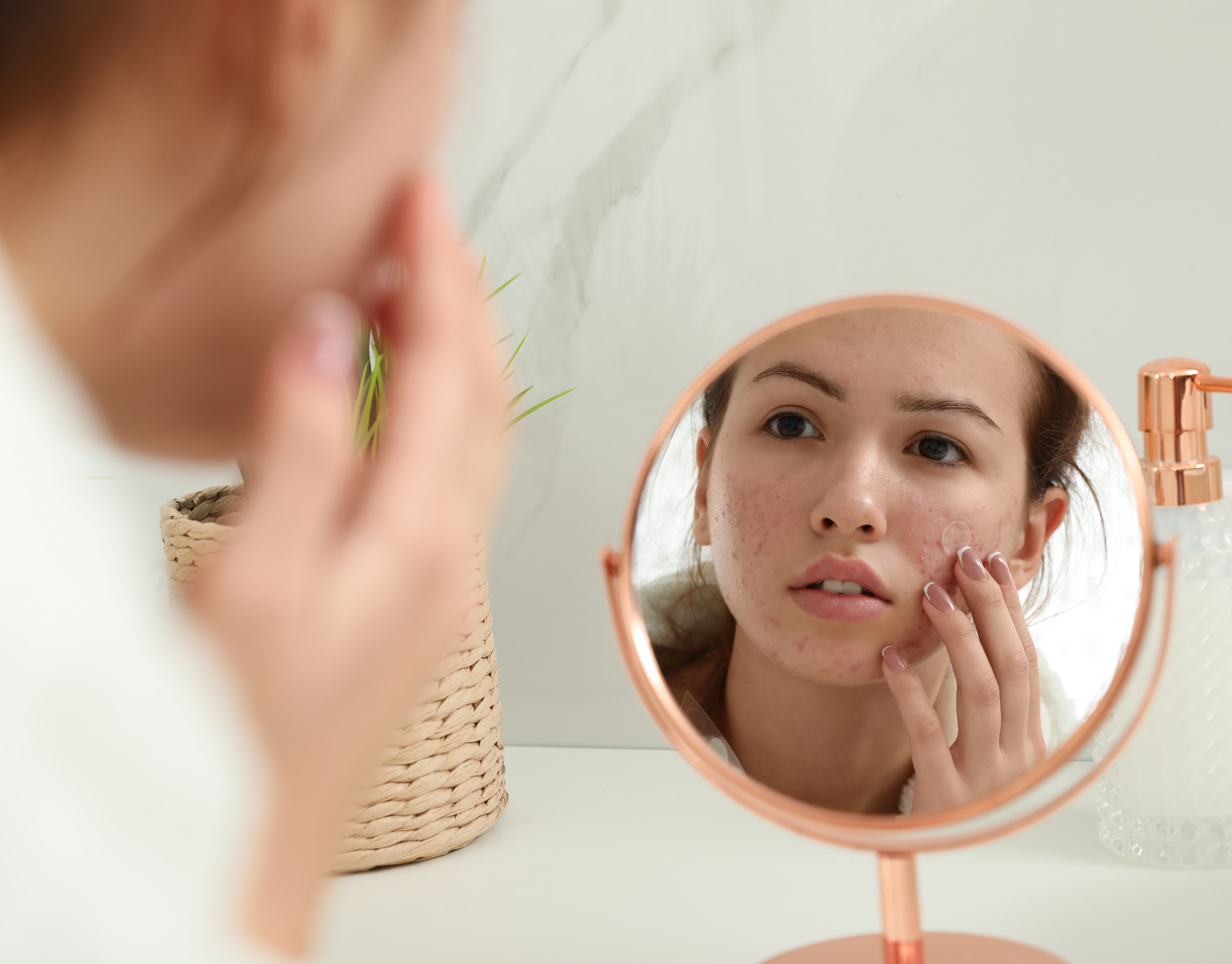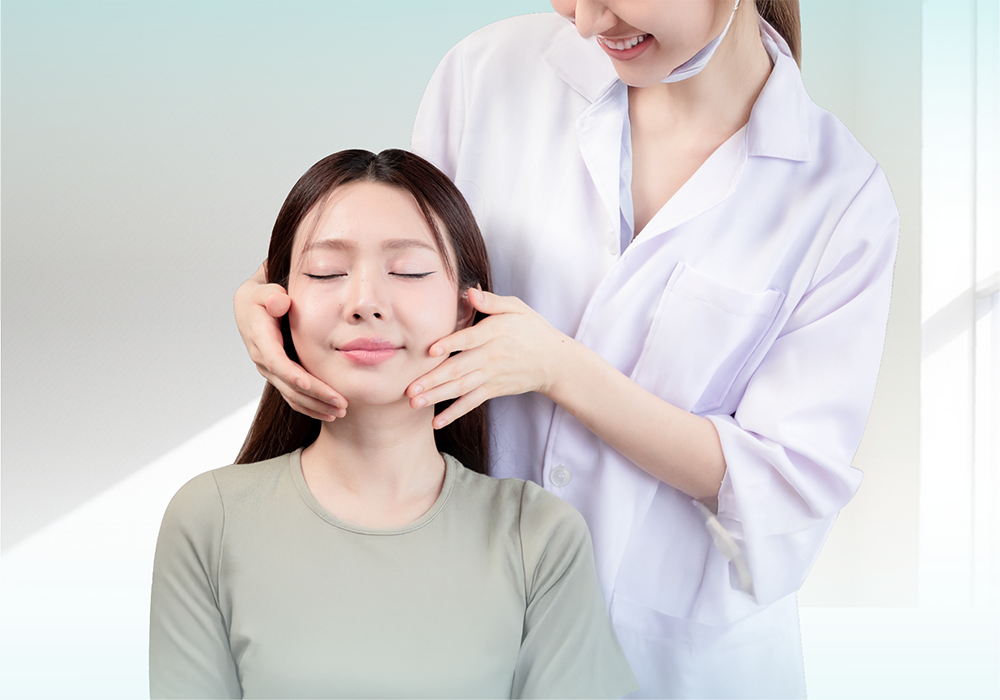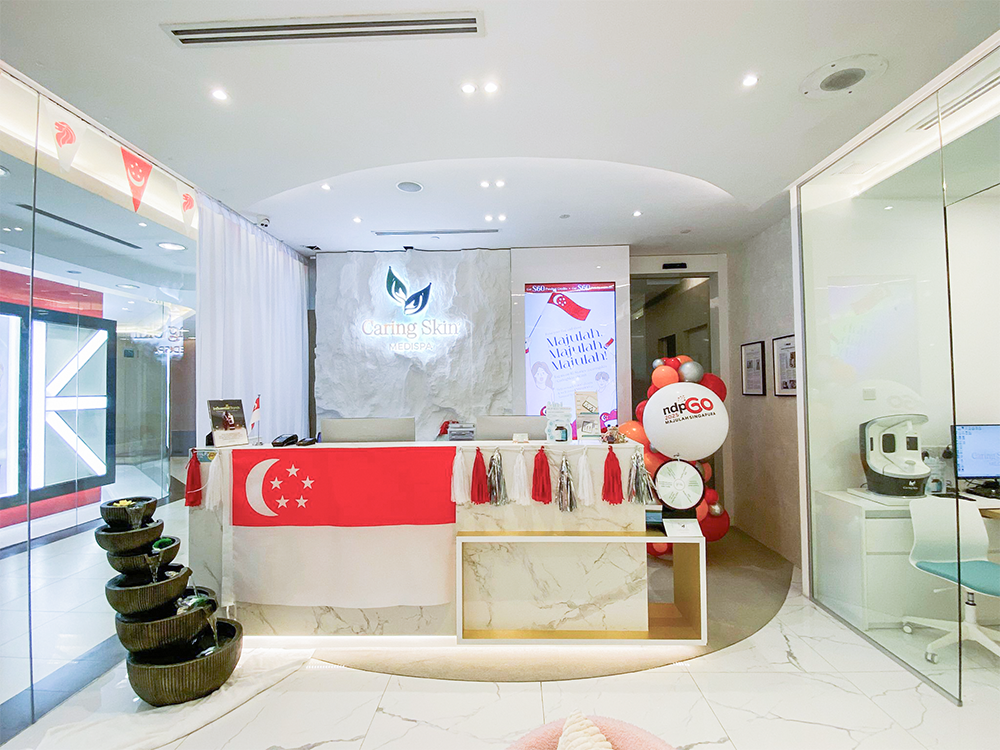Acne is a common skin concern that affects people of all ages, and while hormones, genetics, and stress often play a role, your diet might be a hidden trigger you’re overlooking. In recent years, scientific research has shown increasing evidence linking what you eat to your skin health. So, could your plate be contributing to those breakouts?
Whether you're struggling with stubborn pimples or looking for the best acne treatment in Singapore, understanding how your daily food intake affects your skin is key. In this post, we will explore five diet-related causes of acne and how making better food choices can support your journey to clearer skin.

1. High-Glycemic Foods Spike Insulin Levels
Foods with a high glycemic index such as white bread, sugary cereals, pastries, and soft drinks cause rapid spikes in blood sugar. These spikes trigger your body to release insulin, which in turn increases the production of sebum (oil) and may contribute to inflammation. This creates a perfect storm for clogged pores and breakouts.
Several studies have shown that individuals who follow a low-glycemic diet tend to have fewer acne lesions. So if you are serious about improving your skin, start by reducing processed carbs and refined sugars.
Pro Tip: Swap white rice for brown rice, choose whole grains, and limit sugary snacks!
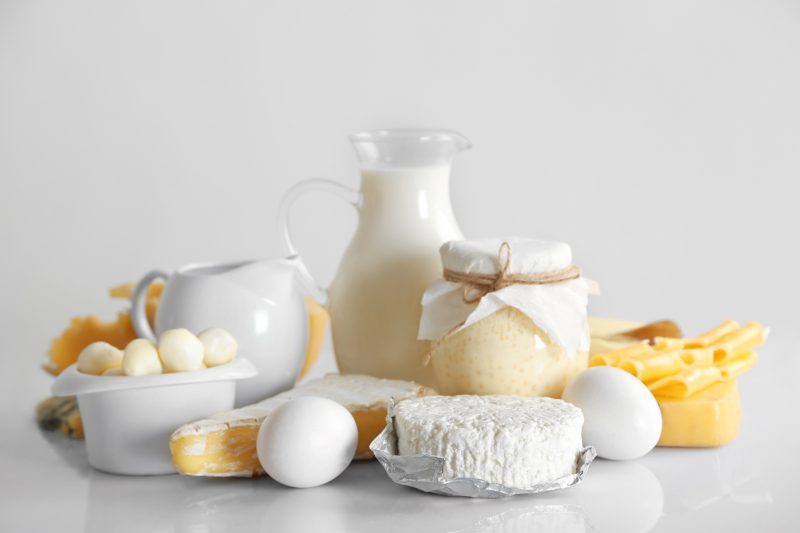
2. Dairy Products Can Disrupt Hormones
Dairy, particularly milk has long been linked to acne, especially in teens and young adults. Cow’s milk contains hormones and bioactive molecules that may stimulate oil glands and contribute to clogged pores.
While not everyone reacts the same way to dairy, some people notice a visible improvement in their skin when they reduce or eliminate milk, cheese, and ice cream from their diets.
If you’re investing in an acne treatment facial or undergoing acne scar care, it’s worth considering if dairy might be hindering your progress.
Alternative Choices: Consider plant-based milks like almond, oat, or soy as substitutes.
3. Whey Protein Supplements May Aggravate Acne
Gym lovers, take note: Whey protein, a byproduct of dairy used in many fitness shakes has also been associated with acne flare-ups. Whey can increase levels of insulin-like growth factor 1 (IGF-1), a hormone linked to sebum production and inflammation.
In several case reports, individuals who regularly consumed whey protein developed acne on areas like the face, chest, and back. When they stopped taking the supplement, their acne often improved.
If you are on a fitness journey and struggling with skin issues, this might be something to explore with your dermatologist or skin therapist.
4. Lack of Omega-3s Can Worsen Inflammation
Omega-3 fatty acids found in fatty fish like salmon, walnuts, chia seeds, and flaxseeds are powerful anti-inflammatory agents. A diet lacking in omega-3s may leave your skin more vulnerable to acne-related inflammation.
Balancing your omega-3 to omega-6 ratio can help reduce breakouts and support skin healing. Since acne is essentially an inflammatory condition, adding more omega-3s to your meals can be a natural way to support clearer skin.
Try This: Incorporate grilled salmon or a chia seed smoothie into your weekly meal prep!
5. Not Drinking Enough Water and Eating Too Few Vegetables
Hydration and nutrient-dense vegetables are essential for detoxification and maintaining a healthy skin barrier. When your body is dehydrated or lacking vitamins like A, E, and zinc commonly found in colorful fruits and vegetables, your skin becomes more prone to breakouts, irritation, and delayed healing of existing acne scars.
Leafy greens, carrots, bell peppers, and berries are packed with antioxidants that fight inflammation and improve skin texture.
Pairing a skin-friendly diet with professional acne treatment facial can help accelerate your skin’s recovery and reduce future breakouts.
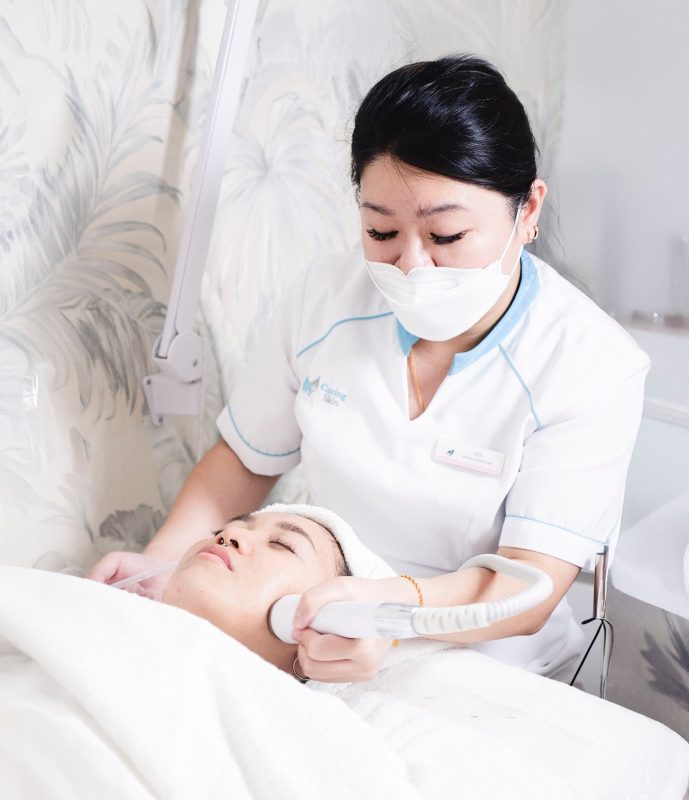
Combining Diet with Professional Care
While making dietary changes is a fantastic first step, combining nutrition with expert skincare delivers the best results. For those dealing with persistent acne, acne scars, or skin sensitivity, seeking professional help is often the missing link.
At Caring Skin, we offer one of the best acne treatments in Singapore, including personalised skin analysis, targeted acne treatment facials, and advanced acne scar solutions. Our approach is rooted in science and nature, helping you restore skin clarity safely and effectively.
Book an appointment now and take the first step toward clearer, healthier skin.
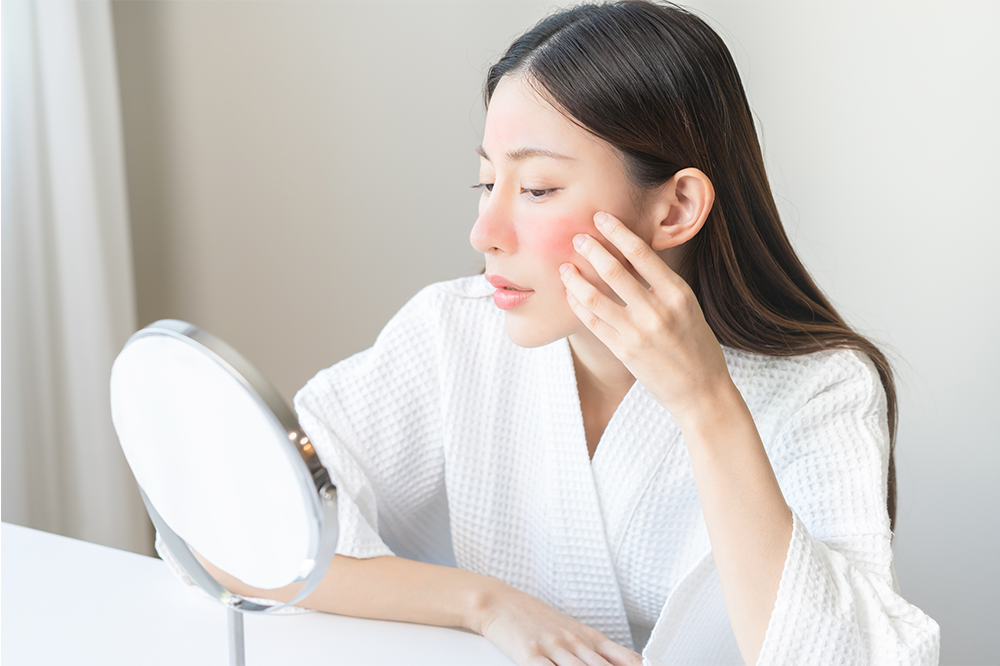
Conclusion
Diet plays a larger role in skin health than many people realise. If you are frustrated by stubborn acne despite investing in products or treatments, it might be time to look at your eating habits. By reducing high-glycemic foods, limiting dairy, cutting back on whey, boosting omega-3s, and prioritizing hydration and vegetables, you can create a healthier environment for your skin to thrive.
Remember that treating acne is a journey! The right combination of lifestyle changes and acne treatment in Singapore can help you achieve clear, radiant skin. Ready to take control? Start from your plate and pair it with the right skincare support.

